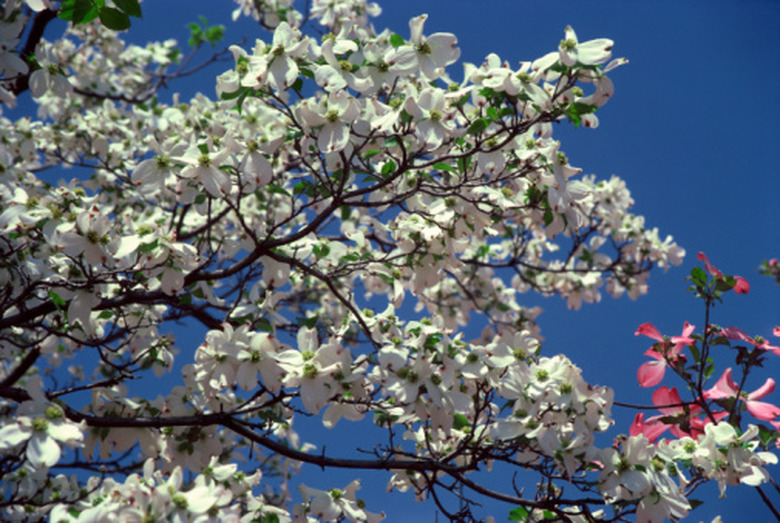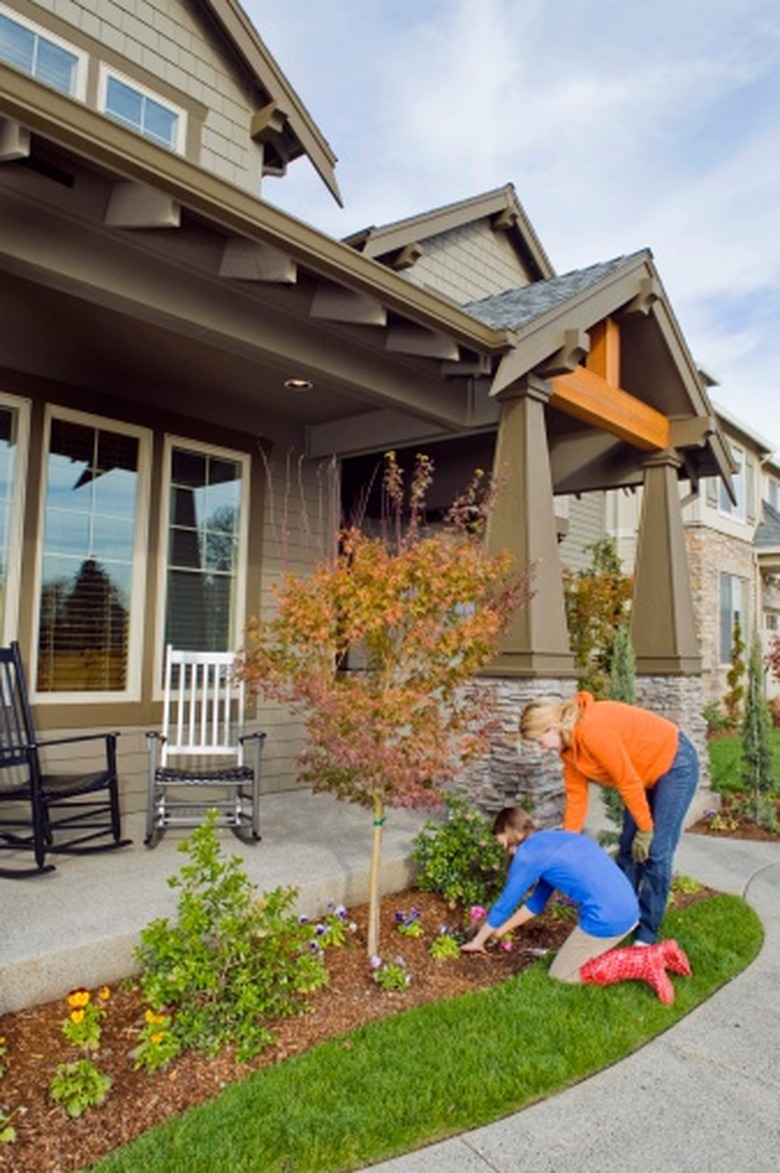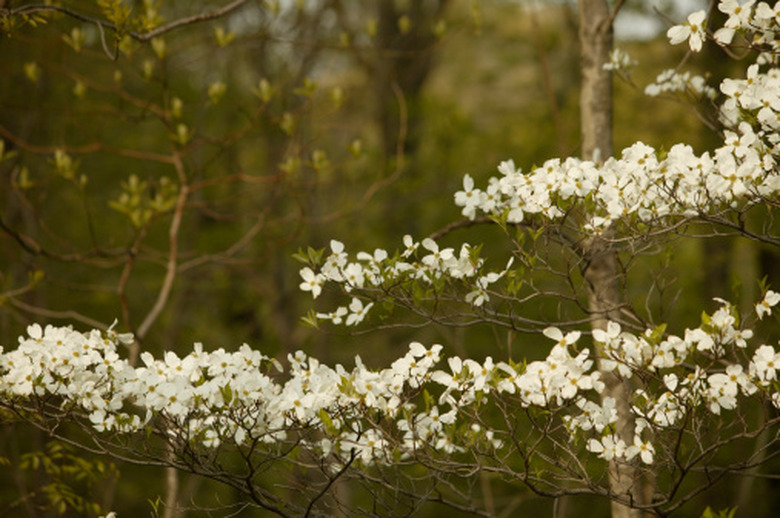How Close Can I Plant A Flowering Dogwood Tree To My House
Flowering dogwoods are commonly used as ornamental trees. The biggest consideration when deciding how close to plant it to the house is the tree canopy width. The type of dogwood and its mature size are the significant determining factors.
Soil pH
Soil pH
A somewhat less important factor when determining tree spacing, but one that should be considered, is soil pH. Flowering dogwood trees prefer a slightly acidic soil with a pH of 5.5 to 6. Neutral to alkaline soil can cause dogwoods to struggle or fail to thrive. Even if the area soil tends to be acid, concrete used in a house foundation can cause the nearby soil to be more alkaline over time. Have the soil tested before investing the money and time to plant a dogwood tree. This can be done by the local extension office. Some nurseries offer this service as well.
Tree Canopy
Tree Canopy
The canopy of a dogwood tree can become quite wide. This is the top part of the tree which is also sometimes referred to as the crown. Cornus florida is a commonly planted type of flowering dogwood. Depending on the cultivar, it can reach a mature height of 30 to 40 feet with a canopy width of 30 feet. A tree that will reach this size should be planted 15 to 20 feet from a house. The Red Pygmy cultivar is at the other end of the size spectrum. It grows slowly to a mature height of 7 feet and canopy width of only 5 feet. This little dogwood can be planted 3 feet away from the house. There are many flowering dogwood varieties between these two extremes in size with different growth forms. Cornus kousa "Weaver's Weeping" grows to a mature height and width of 10 feet with a weeping form. It should be planted at least 5 feet away from the house.
Island
Island
Larger flowering dogwoods are often planted at the center of an island-type landscaped area. When planted in this way off the corner of the house or in the yard, the tree will provide landscape interest and shade for the home. The island can be only 5 to 10 feet in diameter with a 5- to 10-foot section of lawn between the island and the house or the front edge of a foundation landscape. Be cautious when selecting accent plants to fill in the island area around a flowering dogwood. The tree's shallow root structure could make it necessary for shrubs to compete for moisture and nutrients, causing a stressful situation for the tree and shrubs.
Peninsula
Peninsula
A peninsula-type landscape design is another way to accommodate a flowering dogwood. This is done by extending a foundation landscape out into the yard off the corner of a house. The peninsula is generally curved into the yard like a comma. The Rutdan/Celestial cultivar grows to a height of 18 feet and width of 15 feet. It would do well in a 10- to 15-foot peninsula landscape. The branches of this type of dogwood begin quite low on the trunk, giving the tree an almost shrub-like look.
References
- Landscape Design Advice; Landscape Trees – Grouping; Susan Schlenger; May 2008
- NC State University; Horticulture Information Leaflets; The Flowering Dogwood; M.A. (Kim) Powell
- USDA Forest Service: Southern Region: Forestry Report R8-FR 14: Growing and Maintaining Healthy Dogwoods
- Missouri Botanical Garden: Kemper Center for Home Gardening: Cornus Florida
- Missouri Botanical Garden: Kemper Center for Home Gardening: Cornus Florida 'Red Pygmy'
- Missouri Botanical Garden: Kemper Center for Home Gardening: Cornus 'Rutdan' Celestial


